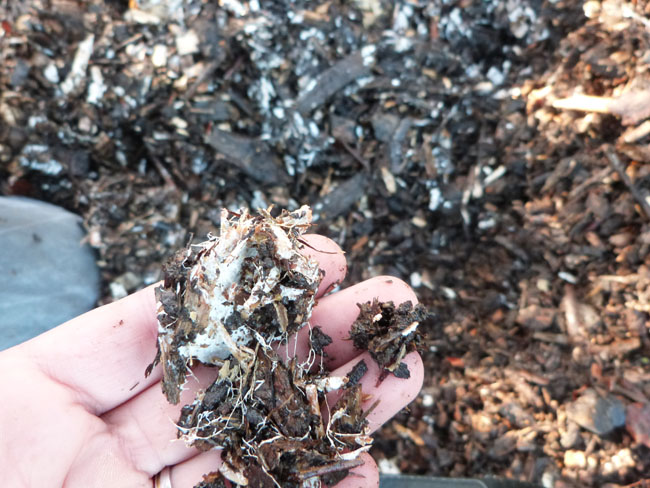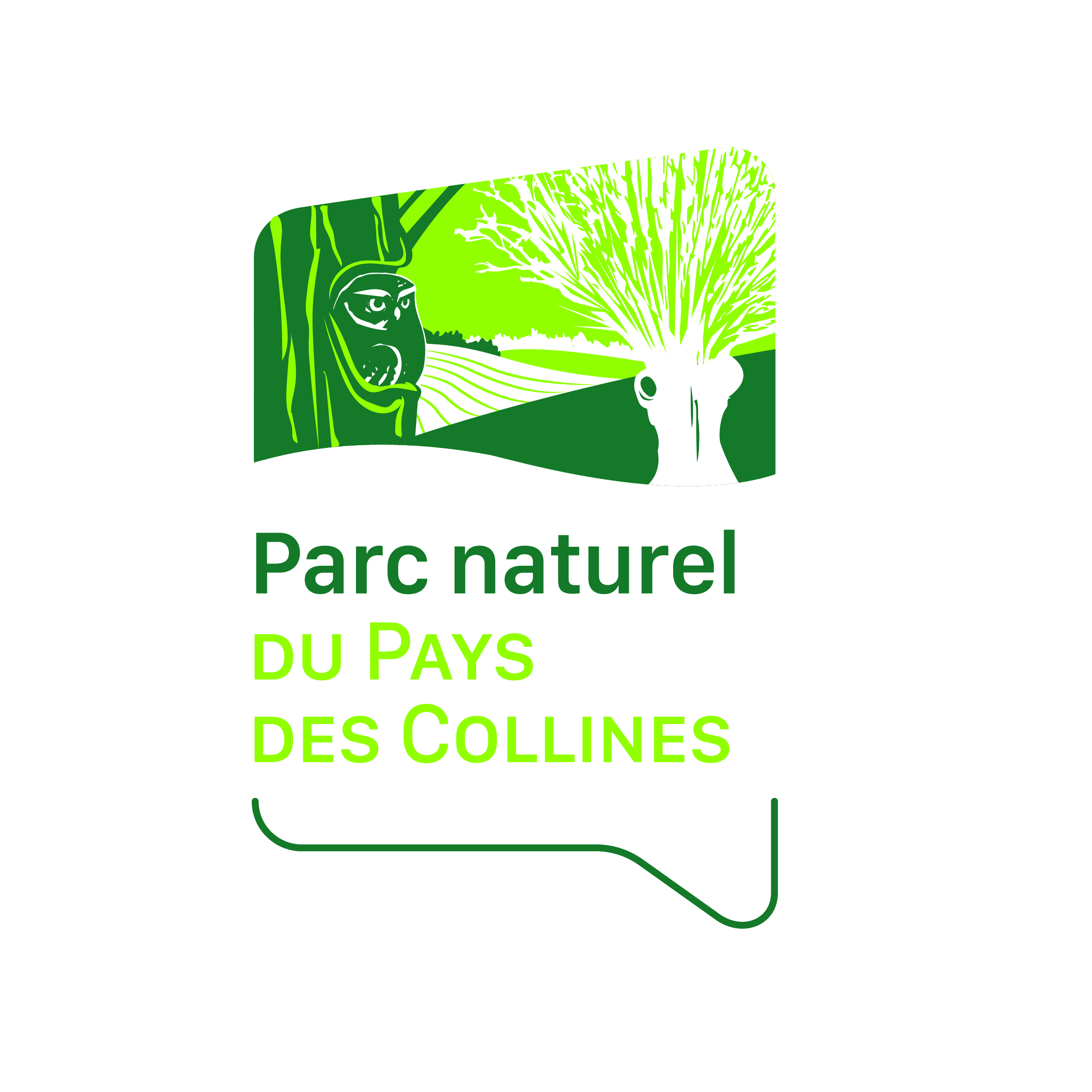Case Study
More Carbon for our soils
Contact name
Baptiste HOTTEKIET
Institution name
Nature Park Pays des Collines
Region & country
Wallonia - Belgium
Summary
The lack of carbon in cultivated soils is a fundamental problem encountered in Belgium and in Europe. To solve this problem, it is necessary to find and develop other sources of organic matter in order to preserve soils and ecosystem services. The Pays des Collines Nature Park has successfully tested the crushing of deciduous tree branches in the ground to increase the carbon content. Shredding the branches has restored biodiversity and soil life for the greatest benefit of crops. The crushed branches were also successfully tested in mulching in the barn. It retains more urine than straw. This was also tested on the soil as a mulch to preserve the water in the soils and to preserve the soils of the impacts of the rain on the soils.

More Carbon for our soils !
Hervé Lust
Background of the project
Before this project, farmers wondered how to solve the problem of the lack of carbon in soils because they had no other organic matter and saw the quality of their soil decrease (erosion, compaction, loss of biodiversity, reduction in quality some water). They never imagined for a moment that the tree would be a big part of the solution.
The first need identified is that more carbon is needed in the soils to meet agronomic and climatic issues, but also food resilience. The second need was to think about better soil management to protect society from damage due to soil erosion. At the end, use of wood in the soil and a change of paradigm. This implies training farmers to manage this while reassuring them. The information needs, training and the need to show pilot tests that have worked are essential.
Solution and actions taken
Information meetings and formations have been organized for farmers on this subject. A new organic matter resource has been identified on the Nature Park. And an in-depth reflection on soil management has been initiated.
Information meetings and formations have been organized for farmers on this subject. we organized a tree pruning job where the upper branches should be cut every 5-7 years. These were crushed and the ground materials incorporated into the floors with supervision. We are busy in the soil management phase thanks to personalized support, which is essential in this phase of setting up another agriculture, more carbon-intensive and therefore more sustainable.
Other institutions or parties involved
Results
After our first experiments, the results are very promising, whether in terms of soil quality but also as mulching of the soil and mulching in the stable. Farmers and market gardeners are satisfied. This pilot project was presented to the Walloon region which should find an interest in it for better and more resilient agriculture and which will make it possible to face up to climate change. This project made it possible to give added value to the residues of tree pruning which had until then be
Challenges
The use of shredded branches as a soil amendment is a complete change in agronomic outlook.
The difficulty is therefore to reassure farmers in this new path. Another difficulty is to have enough shredded material available on your farm or to be able to develop partnerships with other farmers or arborists. Belgium, the legislation must also be able to evolve.
Lessons learned
What is sometimes considered impossible at a given moment can finally, through hard work, become the evidence of tomorrow. Innovation and experimentation are the engines of resilient dynamics ! When another way is possible to change the system and make it more resilient, nothing should stand in the way of change. However, the supervision and support of innovative practices are fundamental to reassure the actors of change.
Contact name
Baptiste HOTTEKIET
Institution name
Nature Park Pays des Collines
Website(s)
